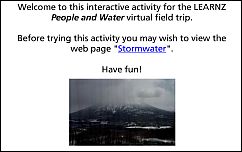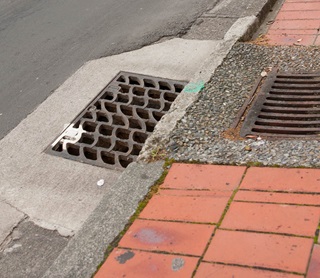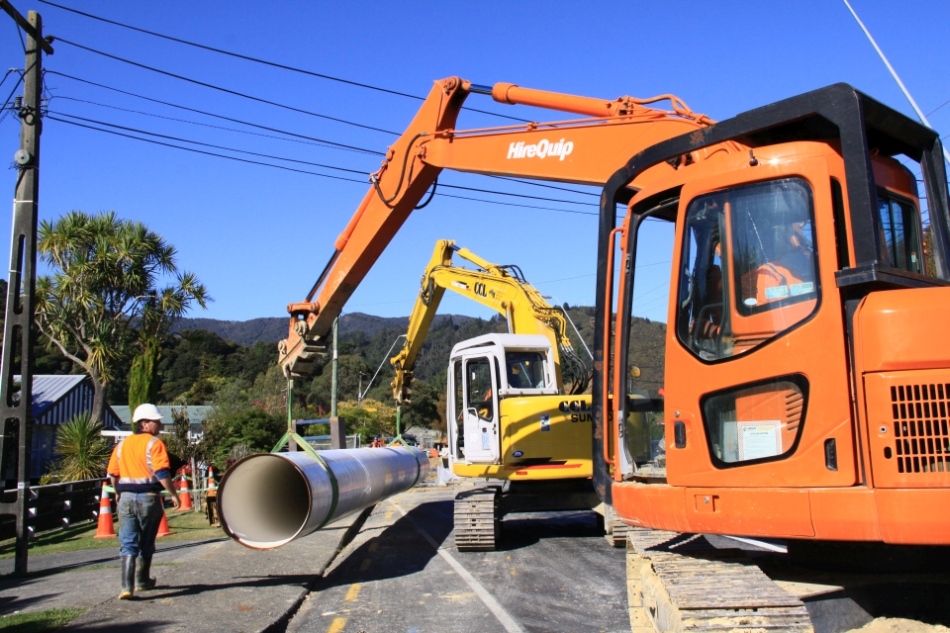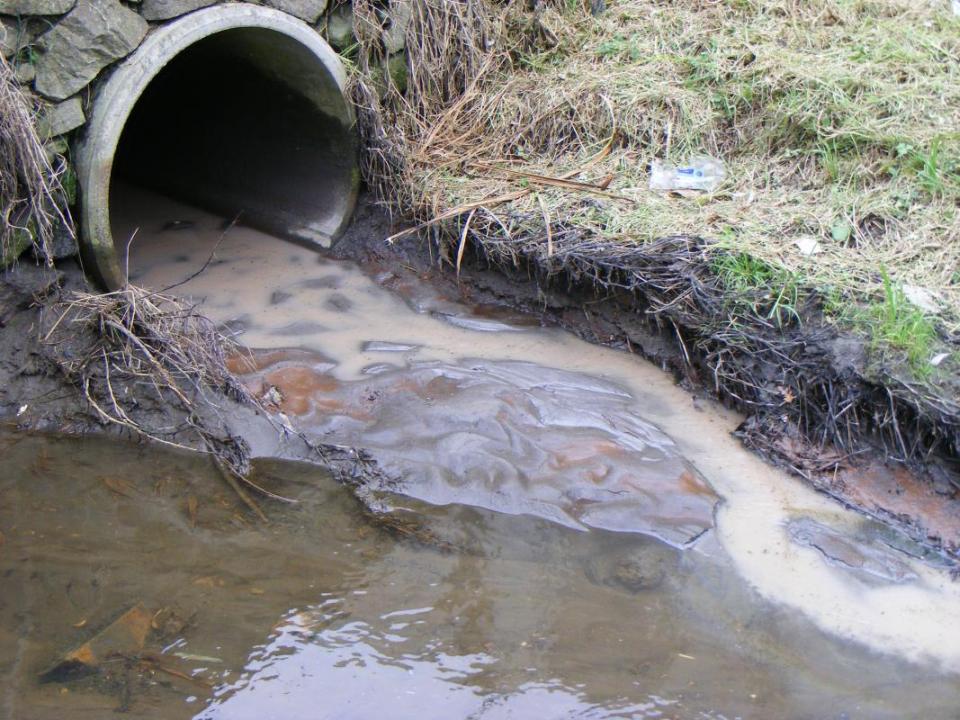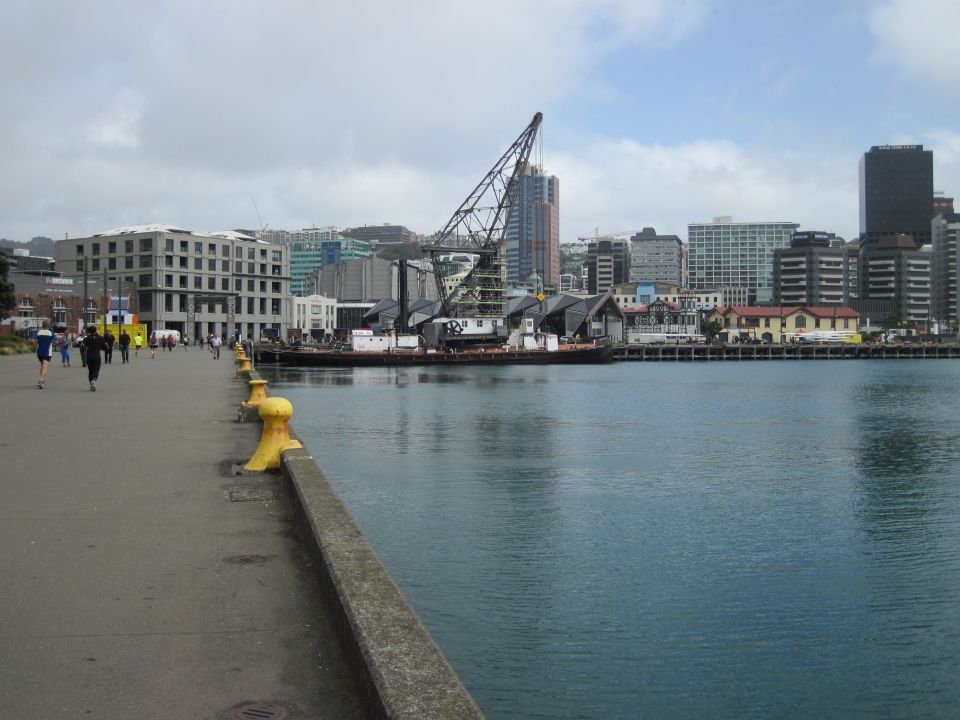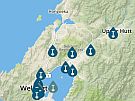What happens to rainwater?
Rainwater, or snow melt, either:
- soaks into the ground to become groundwater
- evaporates
- or flows over the surface of the land.
Impermeable surfaces
Impermeable surfaces will not let water soak (infiltrate) through them. Many surfaces in urban environments are impermeable e.g. concrete, buildings and roads.
Permeable surfaces
Soil, bush and grassed surfaces are permeable, letting water infiltrate through them so that it can enter groundwater and aquifers.
Run-off or stormwater
Run-off or stormwater can be defined as rain that is not absorbed by the ground. Run-off flows overland into our rivers, streams and beaches. In the urban catchment, there are a lot of impermeable surfaces and therefore a lot of stormwater. This stormwater needs to be managed. Most stormwater in urban areas is directed into the stormwater system or flows overland as run-off.
Why have a stormwater system?
Large amounts of run-off can cause flooding and erosion. Less infiltration can cause a depletion of groundwater supplies. Run-off flows down our driveways, footpaths, roads and carparks where it runs off towards gutters and through stormwater pipes that carry the water directly to our streams, rivers, lakes, and harbours.
Unlike wastewater, stormwater does not get treated.
What goes down the drain?
Stormwater picks up pollutants and contaminants including litter, animal excrement, dust, plant materials, petrol, oil, lead, and other metals or materials left behind on city roads.
The water then travels through a system of underground pipes and is released directly and untreated into the local stream, river, or sea where it can harm plants and animals and affect the health of people using these waterways for recreation or food gathering.
Reducing pollution of stormwater 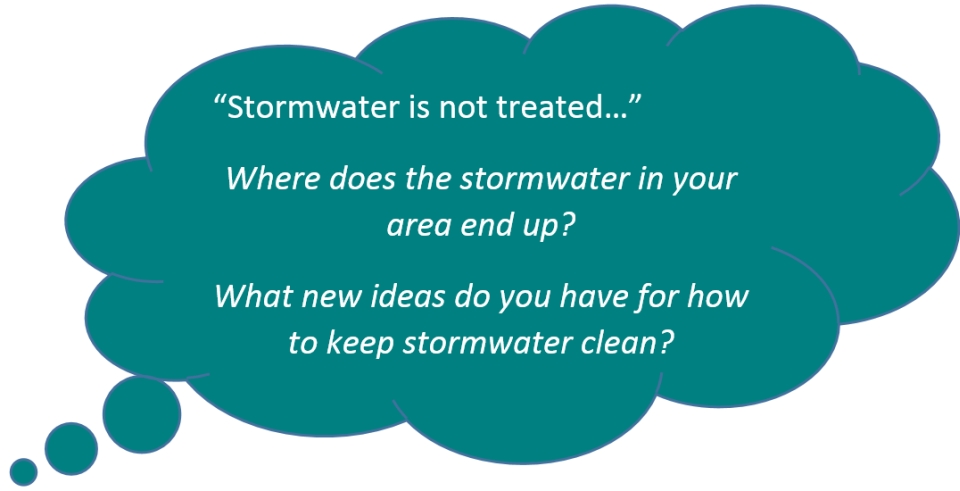
Only water should go down the drain.
Here are some tips to reduce stormwater pollution and overflows.
- Wash your car on the lawn.
- Always use cleaning products sparingly, by following the instructions.
- Pour any left-over cleaning water down the laundry sink, or on the garden, instead of down the gutter.
- If your vehicle’s a muddy 4WD, remove as much of the dirt as possible at the track before washing at home.
- If using water based paints, clean brushes in the laundry - don’t wash paint down a stormwater drain. Save left over paint or donate it to a school or charity.
- Dispose of solvents, oil based paints, paint thinners, oil and other toxic chemicals at a hazardous waste facility. Do not put these chemicals down the stormwater drain or into the wastewater system.
- Conserve water, by using a trigger hose or rainwater from a tank.
- Clear leaves and other debris away from stormwater drains.

